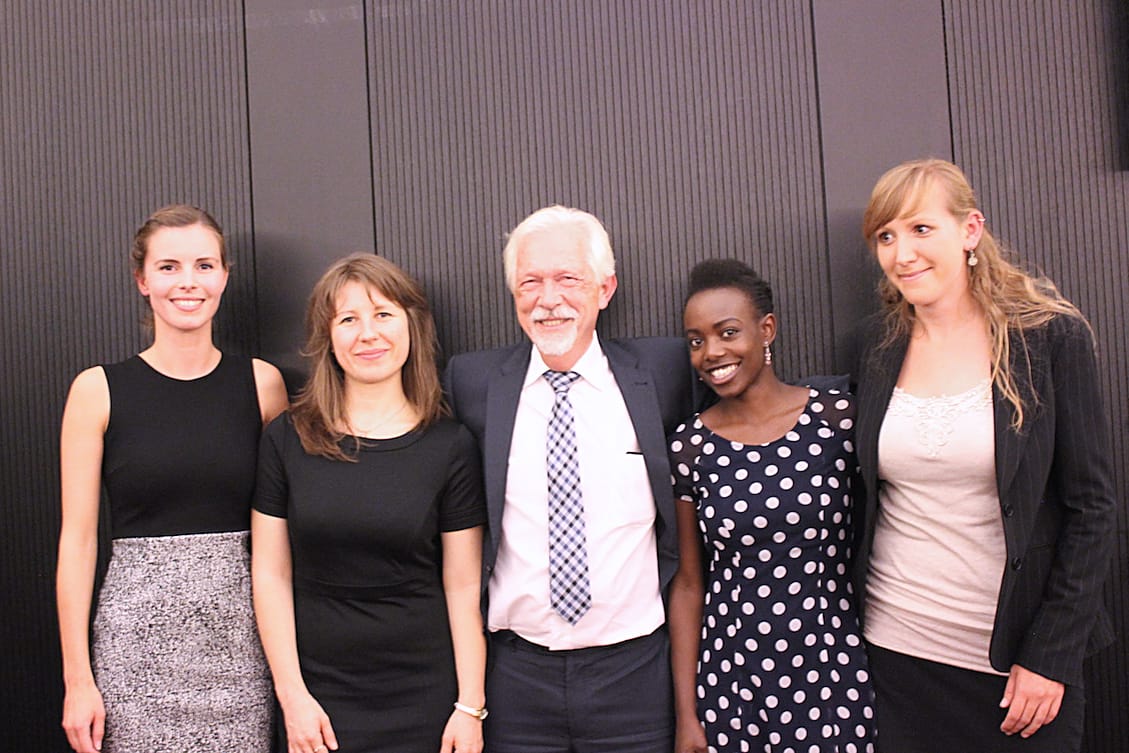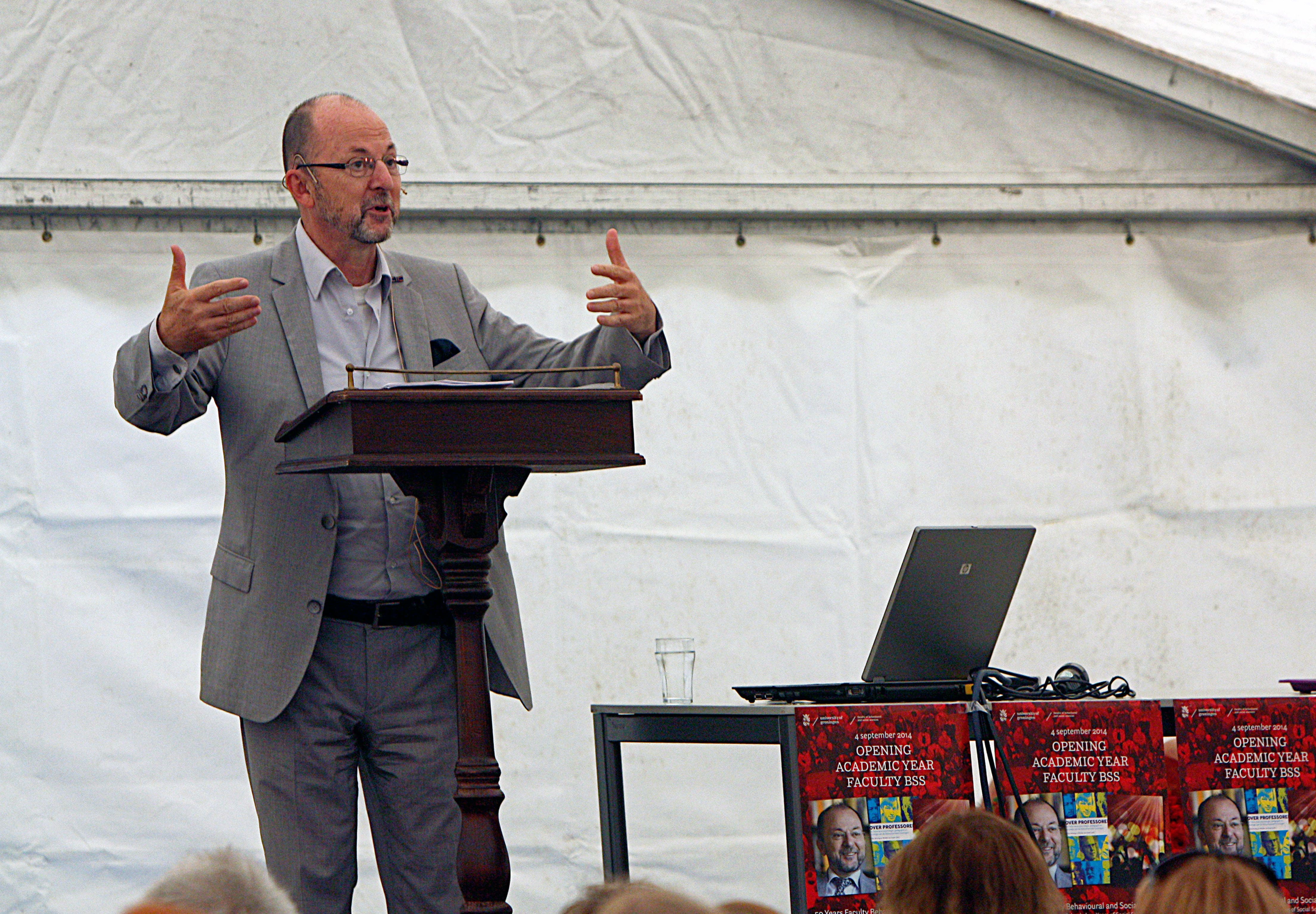Every quarter, we share articles published in the BCN Neswletter and we are happy today to share a story written by Elouise Koops on the Avril McDonald Memorial Fund that is organised by Rosalind Frankling fellows from the RUG. This year, four PhD students and brilliant starting scientists received this award.
With the opening of the academic year 2014-2015, the Faculty of the Behavioral and Social Sciences (BSS) celebrated its fiftieth anniversary. The presentations were a tour de force through the past, present, and future of our academic life.
I have completed the end of my third year in the English-language Bachelor of Psychology programme. Being in the Honours College has enriched my understanding of research in psychology in a tremendous way. Here, I can look back at a wonderful experience and look forward to more fruitful research experiences.
Have you already picked your summer reading list, or are you still recovering from exam fatigue and haven’t had the chance to do so yet? If you haven’t, Mindwise has you covered. We’ve picked our favourite books to take on holiday and are giving all of them away to one lucky winner!
We introduce the Research School of Behavioural and Cognitive Neurosciences (BCN), its quarterly newsletter, and the exciting collaboration between the BCN newsletter and Mindwise! Click through to find out more.
Are you supposed to applaud after every lecture? Apparently there exists great variability among university departments, and even among Dutch universities. This article provides a radical solution to prevent social confusion.
And there she went, into the night of Arts and Sciences (Saturday 24th of May), looking for the representatives of the Psychology department. A report of a journey through time and mind, brain and behavior.
In his Mindwise blog post, Richard Morey argues that learning APA style is a waste of time, because computers can take over the formatting of documents. I disagree with this from an educational perspective, and in this post I explain to you why.
Having worked in Groningen for nearly five years, as far as I know this is the first year the Heymans Institute went all out and invited everyone to leave not only their offices but also the Department buildings, and travel to Het Kasteel, a nearby meeting venue, for an afternoon of psychology pleasures. There were promises of engaging talks, enthusiastic poster presentations, and excellent prize-winning articles. In full support of the three Ph.D. students who organized the event, I attended the afternoon and left excited.
We Research Master students are constantly battling against time: we have deadlines to make, promises to keep, and appointments to schedule. Perhaps it is time to examine our relationship with time and to let go of our attachment to time. But how is that possible?










